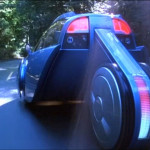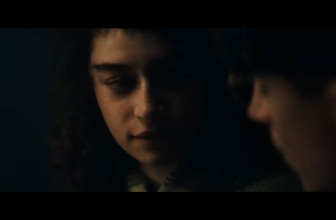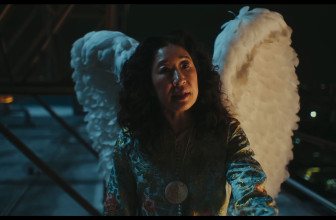When writing about A.I. Artificial Intelligence we need to say that films surrounding artificial intelligence have come a long way. From the metaphorically haunting yet realistic interpretation of 2001: A Space Odyssey to the more human and existential interpretations like Blade Runner 2049. The subgenre has always explored the theme of a super-intelligent AI’s existential dilemma.
Regardless, we’ve mostly seen such AI in films with highly dystopian themes, and a lot of grand-scale science fiction elements taking place. Films about AI that take a more grounded route are unfortunately not the most common, ones that question not only a superintelligent AI’s own fate but the human response to it. Of how such an AI would behave in daily life.
That is where Steven Spielberg’s 2001 blockbuster A.I. Artificial Intelligence comes in. Spielberg has arguably been the most versatile director in Hollywood, but what remains the most static about his direction is the ability to provide heart to any kind of film. Interestingly, the one who initiated this project was none other than Stanley Kubrick, which makes the film being released in 2001 a great nod to the legendary filmmaker.
How to Stream or Download A.I. Artificial Intelligence
To stream or to download the film, click on the Download button that is located below this review. Then choose your digital store. Check out also our review of another science-fiction film by Steven Spielberg, which is Minority Report.
The Movie Review
A.I. Artificial Intelligence adapts a screen story by Ian Watson and the 1969 short story “Supertoys Last All Summer Long” by Brian Aldiss. Spielberg’s screenwriting does a great job at diving into aspects of both and produces a great inner essence as a result.
The story revolves around an iteration of Earth where rising sea levels due to the climate crisis have wiped out a large number of the world’s population. Humans begin to overproduce humanoid AI to make up for the loss.
What’s worthy of high praise here is that the film doesn’t discuss the technical potential of AI as much as it does the existential potential. Upon the idea of a humanly and sensitive AI, one of the staff members asks a puzzling question “will the human love the machine back?”.
It’s a great way to build the story’s premise and is something the film goes on to center around till the very end.
A prototype AI of such kind, named David, is given to Monica and Henry Swinton, whose son Martin caught a rare, critically hospitalizing disease. The AI is kind and caring from the get-go, but the dilemma of human loving AI back is raised from the moment David first meets Monica, who feels uneasy and conflicted about how real he seems.
Further developments happen after Monica recites a prescribed set of words to David, resulting in an undying love for Monica. The two begin to bond, but suddenly, Martin is cured of the disease, and upon his return begin conflicts between Martin and David, stemming from Martin’s jealousy of Monica’s love for the Mecha child.
One of Martin’s antics results in David’s pre-built, violent mechanisms activating, leading to Monica and Henry abandoning David. All he’s left with is Martin’s old robot Teddy toy, which Monica had given him earlier on.
The fact that Monica chooses not to send David for destruction despite not expressing her love for him teases the idea of a human-loving AI back. The tragedy of A.I. Artificial Intelligence is the sudden negative escalation of events that prevent it from happening, at least for the time being.
It’s one of the better interpretations of the human-AI relationship, and a kind of film that shows positive potential between the two, which is certainly attainable in real life too. These themes have been explored with quite more originality in works like Blade Runner, but rarely has a film about AI had so much heart.
Dystopian AI flicks often end very bittersweet, and that’s prevalent in A.I. Artificial Intelligence too, but the sweet part of it is much more prominent in this case.
On top of a very well-written and directed film, it’s well filmed and composed too. Janusz Kamiński’s cinematography is hypnotic from the very beginning and aids storytelling very well. John Williams and Steven Spielberg have been one of the best filmmaker-composer combinations, and things don’t go south between them in A.I. Artificial Intelligence either.
It may not be Williams’ best work, but knowing him, the standard is already too high. Shouldn’t forget to appreciate Haley Joel Osment and Frances O’Connor’s lead performances either.
While A.I. Artificial Intelligence is far from perfection or peak originality, it’s one of the most heartfelt films about AI ever made. It’s an emotional science-fiction ride that checks all the technical boxes.


















